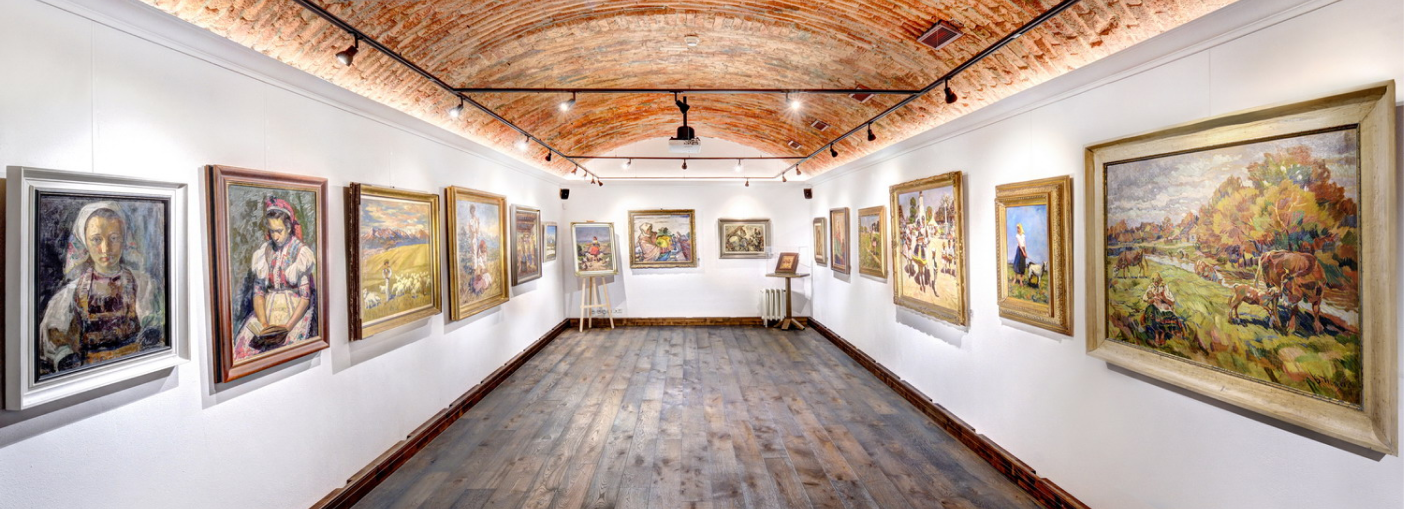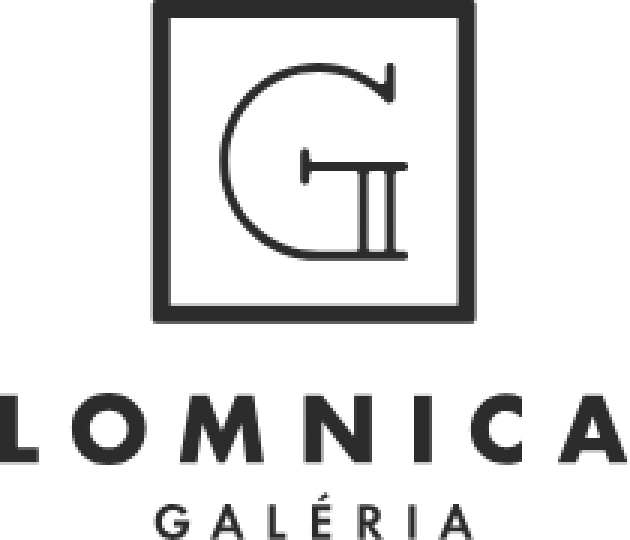
Ľudovít Križan was born in 1900 in Bratislava, and died in 1979 also in Bratislava. He studied at the University of Performing Arts in Budapest (1916 – 1918) and then in the private class of professor Rigele in Bratislava. After 1918 he lived in Komárno, where he attended the Harmos private school. In 1924 – 1934, he settled in Žarnovica and after 1934 he returned to Bratislava. His style was based on the background of the so-called Komárno circle. His expressionism bears numerous connotations to the style of Flaché, Procházka or Nedecký. His works from 1933 Without Bread, Without Father are well-known in the style definition of the late secessionist expressionism. In his later period, he switched to landscaping and figural folk genre, which coincides not only with the national pathos of Martin Benka but partially also with the pantheistic vision of Edmund Gwerk. Besides his strong, socially-oriented period of the 1st half of 1930s, Ľudo Križan painted mainly plein air landscapes, where he developed some formal intentions of pictorial poetics of Martin Benka. Especially after he arrived to Bratislava, he switched to the expressive posture of romantic-fairy-tale vision of mountainous landscape, while the silhouettes of the peaks were lightened and expressively hypertrophic. Besides painting, Križan was illustrating books and worked also as a graphic artist. Bibliography: Váross, M.: Slovenské výtvarné umenie 1918 – 1945. Bratislava 1960.
